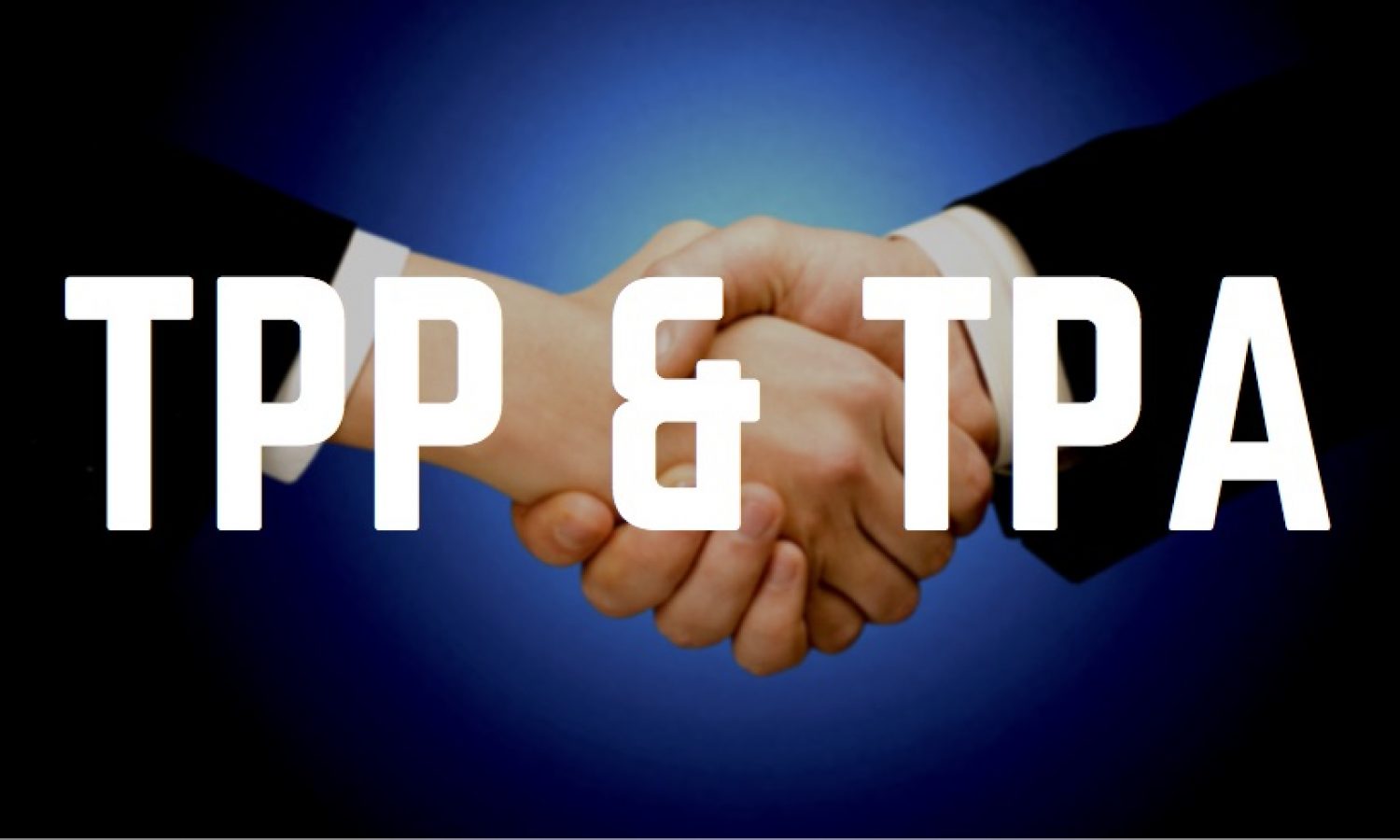Trans-Pacific Partnership and Trade Promotion Authority: Reading List
Under the U.S. Constitution, Congress has the authority to regulate international trade, but the President has authority to negotiate with foreign governments.
Trade Promotion Authority (TPA) builds upon this constitutional partnership by requiring the President to consult extensively with Congress during trade negotiations. Congress also sets overall trade negotiating objectives to guide the President’s negotiations.
In return, Congress ensures that trade agreements will receive a timely, up-or down vote without amendment.
Trade promotion authority, therefore, is a process – not a trade agreement in and of itself. It sets the parameters by which trade agreements, such as the Trans-Pacific Partnership (TPP) and Trans-Atlantic Trade and Investment Partnership (TTIP), are negotiated by the President and considered by the Congress.
Every president since President Franklin D. Roosevelt has had some form of TPA which expired under President George W. Bush.
Some disagree about whether it should be renewed. Within this technology community, these disputes have centered around whether provisions of trade agreements that govern intellectual property include provisions that were rejected by Congress in the debate about SOPA and PIPA. Other concerns include whether the U.S. “notice and takedown” system should be included in treaties and, as a result, become a more widespread copyright enforcement system.
To help members and the public understand this debate, we’ve compiled a reading list. While the i2Coalition supports increased trade, we strongly oppose the export of policies and procedures that have been rejected by the U.S. Congress, and the Internet’s technical community in general.
Politico discusses the politics behind the fight.
WikiLeaks documents.
Washington Post Editorial in favor of TPP.
Discussion about how TPP is bad for workers and open exchange of information.
EFF discussion listing four problems with TPP and TPA.
Senator Wyden discusses why fears about TPA and TPP are wrong.

